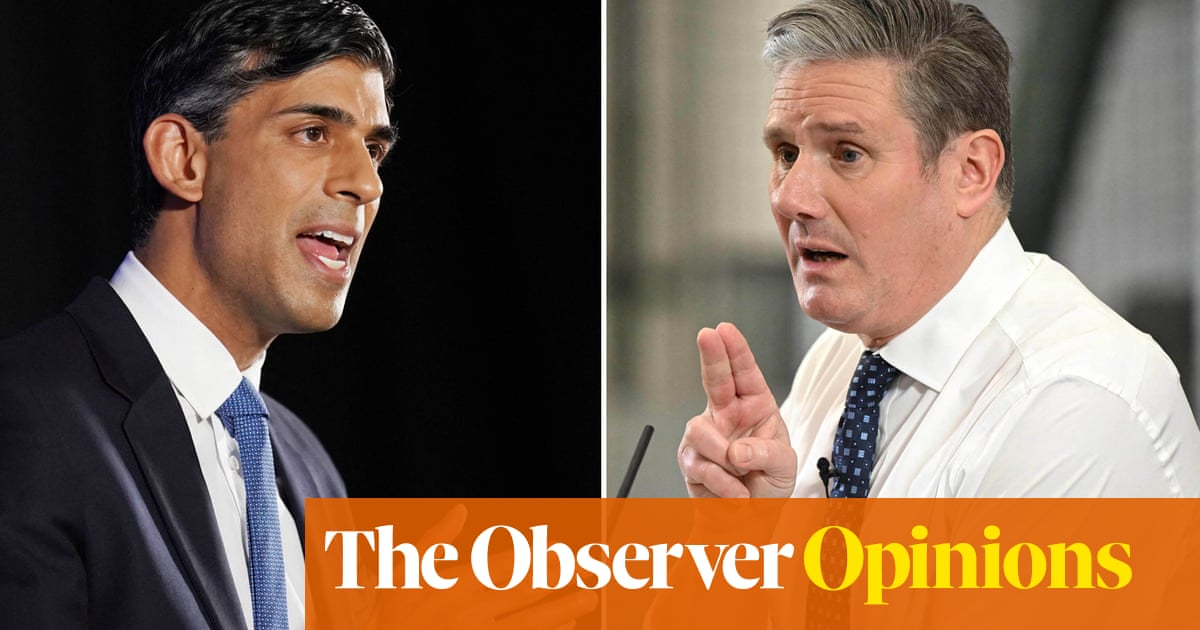
Most of the former Conservative party treasurers elevated to the House of Lords in the last 25 years have made very few spoken contributions once there, Guardian analysis has found.
One former treasurer, Philip Harris, who like many of the recent incumbents is also a major Tory party donor, has made just one speech since entering the upper house in 1996, parliamentary records show.
Two other former party treasurers put in the Lords, Michael Ashcroft and George Magan, made no spoken contributions at all across their combined 25 years in the house. Ashcroft stepped down in 2015 and Magan is not eligible to sit after a bankruptcy and associated court case.
Of the 14 former treasurers or co-treasurers moved to the Lords since 2014, 11 are still peers. While a number of these still regularly vote, almost none appear to currently sit on committees, the other main legislative business of the Lords.
The Conservatives have faced accusations of peerages being in effect for sale after an investigation by the Sunday Times and Open Democracy showed 16 of the Tories’ main treasurers in the last 20 years, who made donations to the party of £3m or above, had been made peers.
A Scottish National party MP wrote to the Metropolitan police urging the force to open an investigation into “potential criminal misconduct regarding the procurement of … membership of the House of Lords” which he said were “deeply undermining public trust and confidence”.
In response, Scotland Yard confirmed on Tuesday that it had “received correspondence relating to recent media reports concerning the awarding of peerages” and was “considering the contents” of Pete Wishart’s letter. It stressed no formal assessment of the allegations had been undertaken.
Speaking on Monday, the international trade secretary, Anne-Marie Trevelyan, rejected any wrongdoing, saying such people were put in the Lords because of the expertise they could bring to it. “It’s a mix which brings a real depth of voices to our political parties,” she said.
However, Guardian analysis of official Hansard records, which examined the Lords contributions of 14 Tory treasurers in the Lords between 1996 and 2021, uncovered only a few outliers who appeared regularly involved over a sustained period of time.
Michael Farmer, a former City trader and party treasurer made a peer by David Cameron, has spoken 222 times since joining the upper house in 2014. Howard Leigh, also made a peer by Cameron, has made 153 spoken contributions since 2013.
Jonathan Marland, a businessman made a peer in 2006, spent nearly three years working unpaid as a minister under Cameron, in the energy and business departments.
Another of the group, Peter Cruddas, a businessman, party donor and former co-treasurer, has spoken twice since he wasmade a peer late last year against the advice of the House of Lords Appointments Commission. Cruddas said he was a “fully committed” peer who had one of the best voting records since joining, and was serving on a cross-party committee to improve charity laws.
Apart from Harris, the treasurers-turned peers with the lowest level of spoken contributions were Stanley Fink, a hedge fund manager who has spoken four times since becoming a peer in 2011, and Stanley Kalms, a businessman with eight contributions since 2004, the last in 2017.
All the serving peers have been emailed for comment.
Angela Smith, the Labour leader in the Lords, said the bulk of the former treasurers were unfamiliar faces: “I wouldn’t recognise them. If I bumped into them in a corridor I wouldn’t know if they were a member of the House of Lords or if they were just there to have lunch with someone.
“We’ll probably be sitting until midnight tonight. But there’s some people you’ll never see here at midnight, or even another time.”
The Lib Dem leader in the Lords, Richard Newby, said: “The appointment of Tory treasurers, who typically contribute very little, if anything, to the house, is simply the most disreputable part of a thoroughly rotten system.”
A Conservative Lords spokesperson said: “Conservative peers play a vital role in scrutinising and revising legislation, whether that be through speaking in the house, voting, serving on committees, working with all-party groups, or raising important issues with ministers.
“Many peers balance their work in the house with roles outside of it, deepening the experience and expertise they bring to their parliamentary work.”












